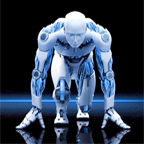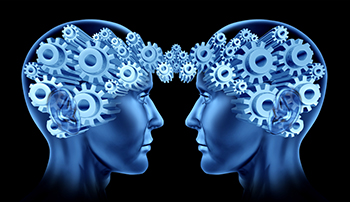
With the flood of news on self-driving cars, drones, caring robots, and more, it isn’t always easy to keep up-to-date with the latest in the artificial intelligence universe. For the insiders’ view on what’s happening in AI, follow these 10 researchers, professors, institutions, and other great thinkers who offer human insight into the world of machines.
Continue reading 10 artificial intelligence insiders to follow on Twitter








